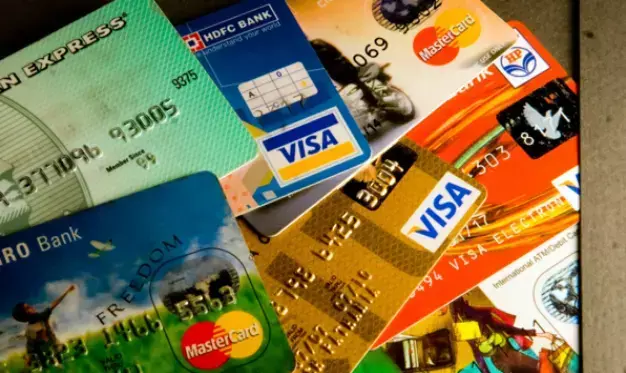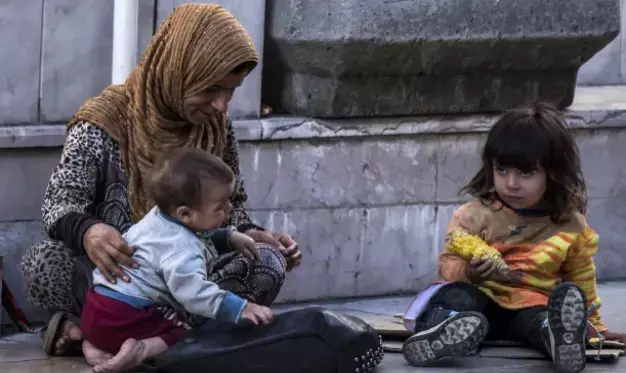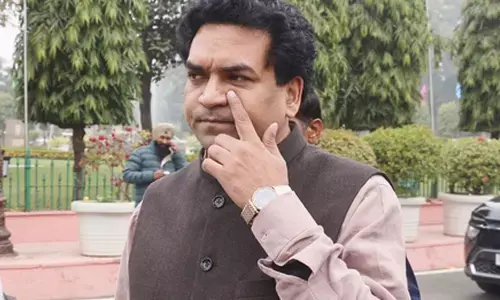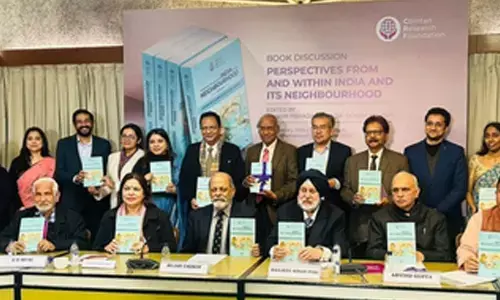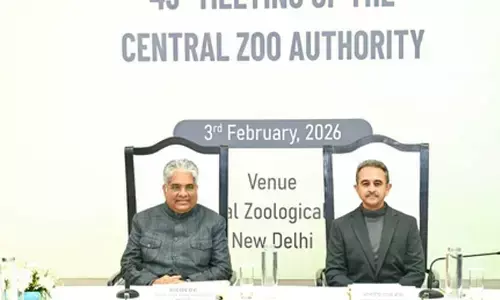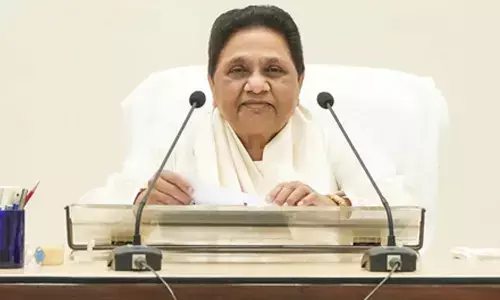Promote generic drugs
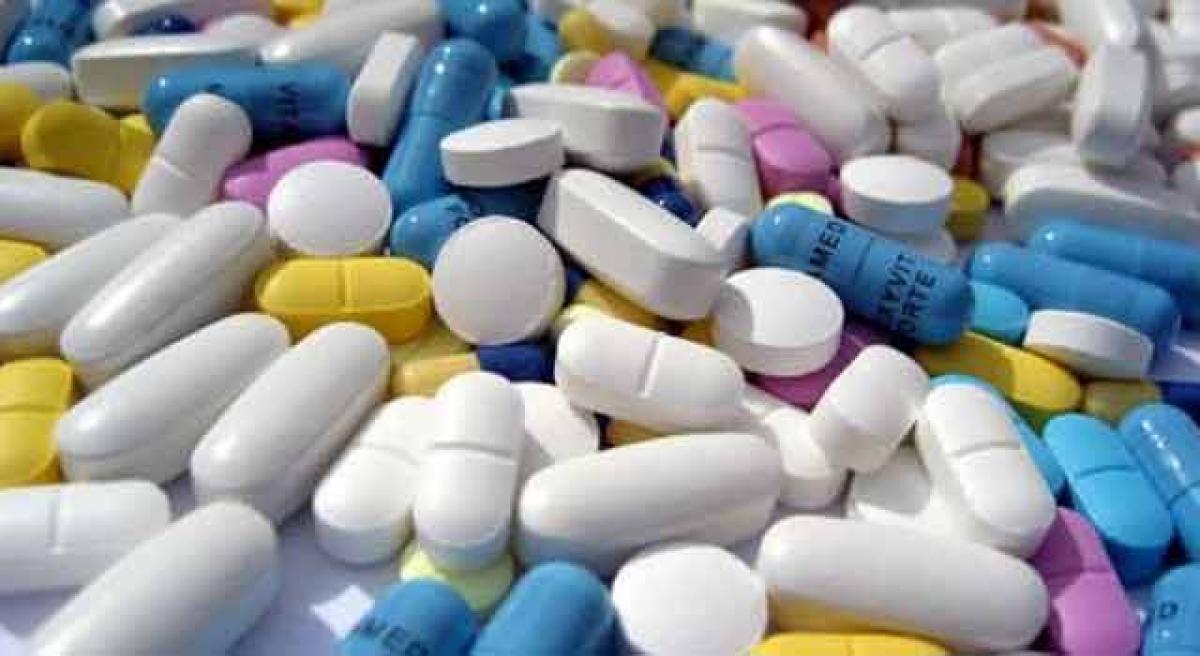
The recent fervent plea made by Chhattisgarh Chief Minister Raman Singh, who urged the medical fraternity to prescribe generic medicines for the sake of the poor, points to the dire straits India’s public healthcare is in.
The recent fervent plea made by Chhattisgarh Chief Minister Raman Singh, who urged the medical fraternity to prescribe generic medicines for the sake of the poor, points to the dire straits India’s public healthcare is in.
The overwhelming factor is that a generic drug is a pharmaceutical product that is devoid of licence from the innovator company and is marketed even after the expiry of the patent.
India’s 1970 decision to opt for process patents instead of product patents spawned a huge pharma industry to the extent that the country has virtually become the pharmacy for the developing world, as Indian companies sell at one-tenth to one-fiftieth of patent drug prices.
Meanwhile, The Lancet, a reputed global medical journal, points out that although far cheaper generic drugs are available, surging medicare costs in India are pushing a staggering 39 million people into poverty every year.
Even the National Sample Survey Office (NSSO) in its 71st round report on ‘Health in India’ states that only 28.3% of rural population and 21.2% of urban people depend on public healthcare providers.
Private healthcare providers are incentivised by branded pharma product companies to shun generics. As such, the importance of promoting generics to cut down healthcare costs cannot be overemphasised, as nearly three-fourth of the population lives in villages and one-third of it is below poverty line.
It is odd that at a time when India claims to be the fastest growing economy and is seeking even permanent membership in the UN Security Council alongside developed nations, it should paint such a sorry state of public health.
The Union Budget 2016-17 has provisions for setting up of 3,000 new Jan Aushadhi drug stores to stock and supply generic drugs. Currently, they number around 1,600. Way back in 2013, the Medical Council of India (MCI) directed its members to prescribe generics, but to no avail.
Even if patients prefer generic drugs, chemists cannot substitute branded medicines with generics, as the law prohibits it.
The Modi government in its bid to boost the ‘Make in India’ campaign is knocking on the doors of several trade blocs around the world like Regional Comprehensive Economic Partnership (RCEP) and Trans-Pacific Partnership (TTP). Their rider that tougher data exclusivity and stringent patent protection rules ought to be in force will adversely impact India’s generic pharma.
Recent reports that the Modi government agreed not to grant any more compulsory licences are also causing ripples among generics firms. Compulsory licences are authorisations to a third party to make, use, or sell a patented invention without the patent owner's consent, in the interests of public.
The government has to clear misgivings in the public mind about this. It has to ground remedial measures such as boosting provisioning through government hospitals, increasing prescription of generic medicines by doctors, prodding States to expand free supply of drugs and creating awareness on generics among the public.
Unfortunately, even the Draft National Health Policy 2015, which recommends rise in public healthcare spending to 2.5 per cent of the GDP from about 1.16% currently, is yet to be adopted.
An urgent action is imperative if the government is really concerned about people’s health and the nation's well-being.








